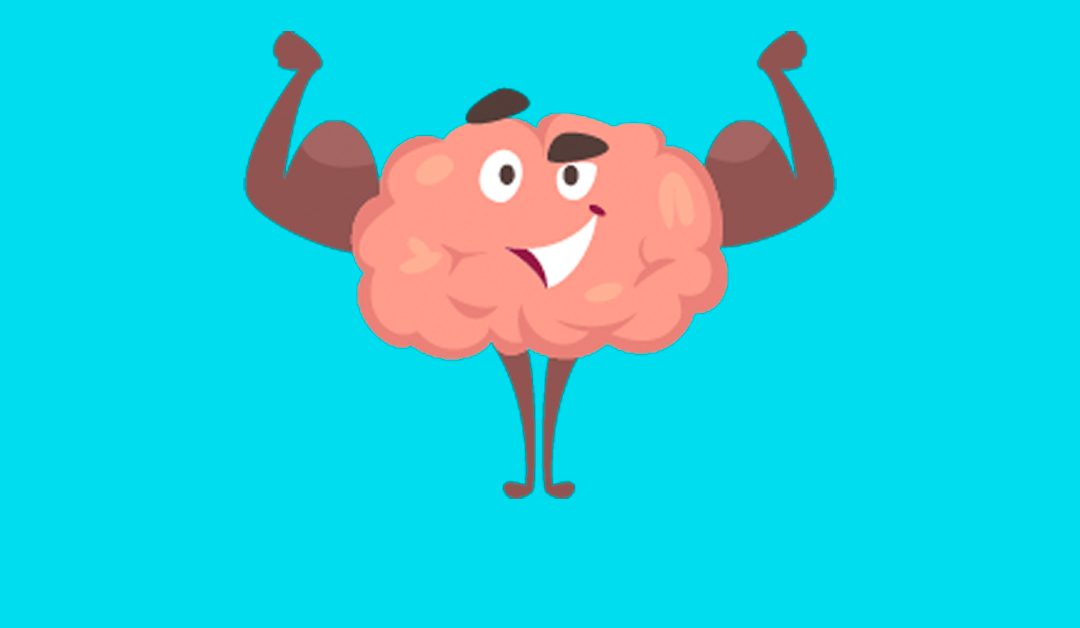by Julia Christianson, Community Life Coordinator
The third and final blog for Mental Health Awareness month focuses on the Mind and Body connection.
The mind-body connection is by no means a new theory. For thousands of years, medicine has focused on this connection between what we do with our physical body and how this can impact our mental health. Two of the major components of the mind-body connection includes sleep and nutrition. Explain more you say? I thought you’d never ask!
Have you ever heard someone say, “I woke up on the wrong side of the bed”? This commonly used phrase beautifully describes the impact sleep can have on someone’s mood. In fact, sleep and mental health have a bidirectional and complex relationship. Poor sleep can contribute to poor mental while mental health disorders tend to make it harder to sleep. But why is this? Studies have shown that sleep, specifically REM sleep, is vital in providing time for the brain to process emotional information and remember thoughts and memories. Anatomically, the connection between the amygdala and prefrontal cortex is greatly affected by lack of sleep. The amygdala assists in processing emotions while the prefrontal cortex manages impulse control and decision making. Therefore, without sufficient sleep we see changes in mood, emotional reactivity, and increase in mental health disorders such as depression, S.A.D, anxiety, and PTSD.

Beyond making sure we get enough sleep, we also need to make sure we are eating a well-balanced diet. The saying “you are what you eat” truly applies to the mind-body connection. As with sleep and your mental health, nutrition and mental health also have a bidirectional relationship. Often, our current mood drives our food choice while our food choices can drive our mood and future choices. As many of us have experienced, eating a diet high in processed foods and refined sugars greatly effects how we feel and often leads to a mid-day “crash” as your blood sugar drops. This results in more cravings for sugar-filled foods.
But why do we “feel worse” when eating these processed foods? The answer comes down to the commonly known “mood” neurotransmitter serotonin. Serotonin impacts our mood, happiness, sleep, appetite, and many other functions. A great majority of serotonin is produced in the digestive system; hence, the reasoning why our mood is affected by what we eat.

With all this information, we can begin to understand more about the mind-body connection specifically related to sleep and nutrition. The major takeaway here is that prioritizing sleep and eating a well-balanced diet can both promote and improve your overall mental health.
For more information on finding a well-balanced diet that works for you, helpful sleep information, and more about the mind-body connection, check out the resources below:
- Mental Health and Sleep | Sleep Foundation
- How Nutrition Impacts the Brain and Mental Health | The Whole U (uw.edu)
- 20 Simple Ways to Fall Asleep Fast: Exercise, Supplements & More (healthline.com)
- Healthy Eating for a Healthy Weight | Healthy Weight, Nutrition, and Physical Activity | CDC
- Exploring the Mind-Body Connection Through Research (positivepsychology.com)


Recent Comments